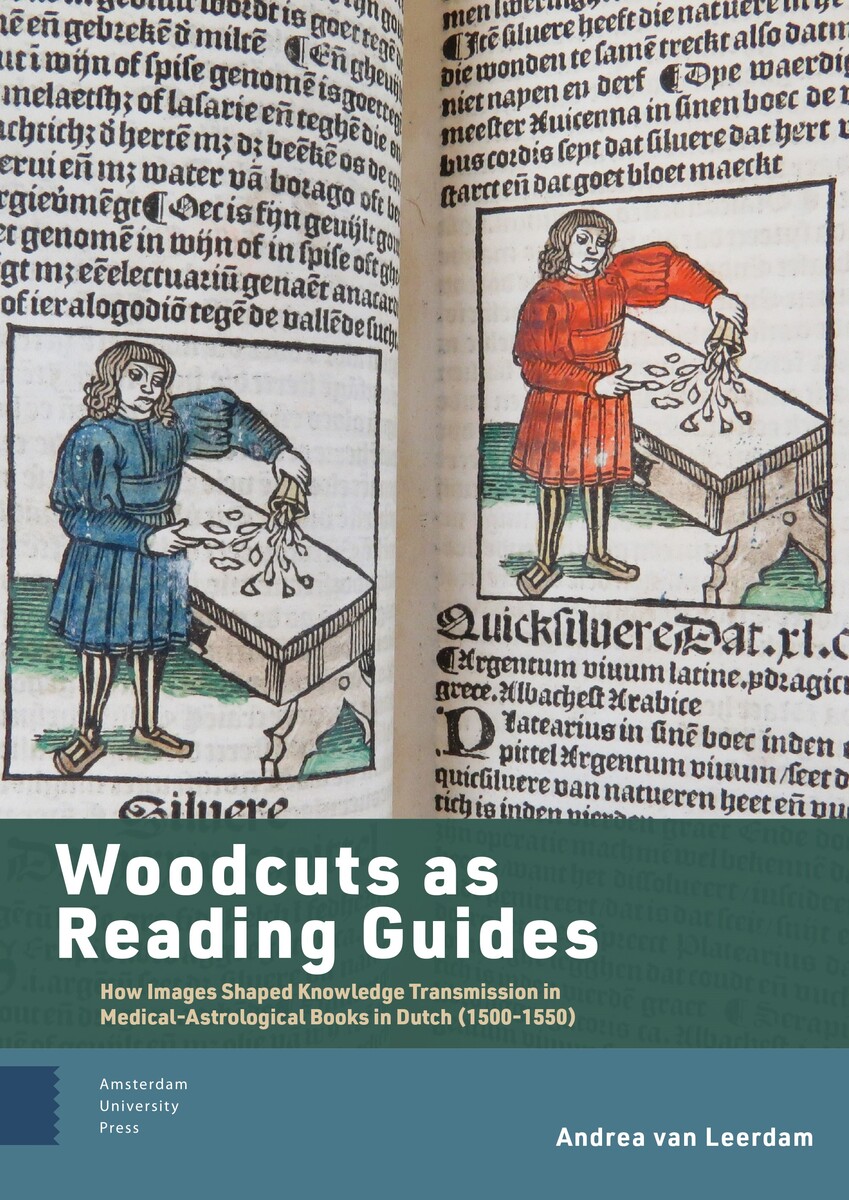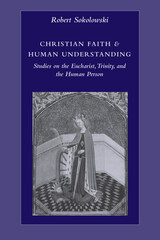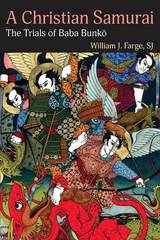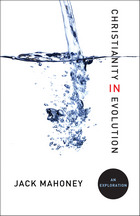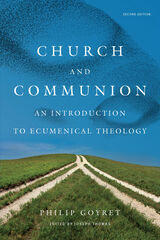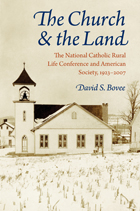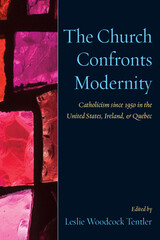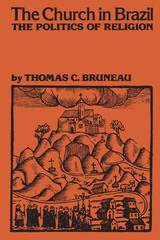Woodcuts as Reading Guides: How Images Shaped Knowledge Transmission in Medical-Astrological Books in Dutch (1500-1550)
Amsterdam University Press, 2024
Cloth: 978-90-485-6025-7 | eISBN: 978-90-485-6026-4
See other books on: Book | Design | History | Medical | Study & Teaching
See other titles from Amsterdam University Press
Cloth: 978-90-485-6025-7 | eISBN: 978-90-485-6026-4
ABOUT THIS BOOK | AUTHOR BIOGRAPHY | TOC
ABOUT THIS BOOK
In the first half of the sixteenth century, the Low Countries saw the rise of a lively market for practical and instructive books that targeted non-specialist readers. This study shows how woodcuts in vernacular books on medicine and astrology fulfilled important rhetorical functions in knowledge communication. These images guided readers’ perceptions of the organisation, visualisation, and reliability of knowledge. Andrea van Leerdam uncovers the assumptions and intentions of book producers to which images testify, and shows how actual readers engaged with these illustrated books. Drawing on insights from the field of information design studies, she scrutinises the books’ material characteristics, including their lay-outs and traces of use, to shed light on the habits and interests of early modern readers. She situates these works in a culture where medicine and astrology were closely interwoven in daily life and where both book producers and readers were exploring the potential of images.
See other books on: Book | Design | History | Medical | Study & Teaching
See other titles from Amsterdam University Press
